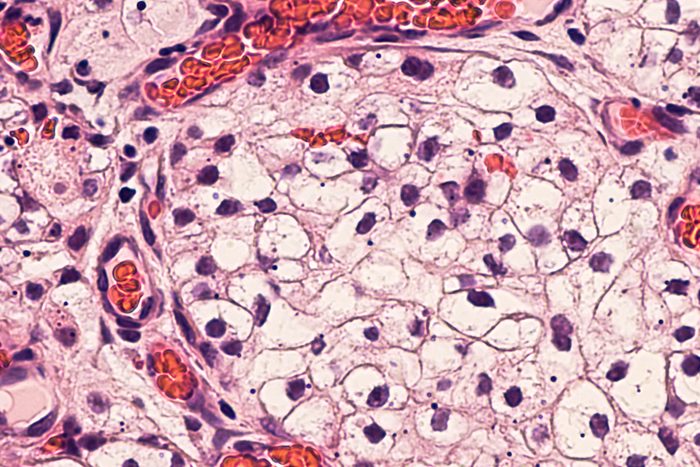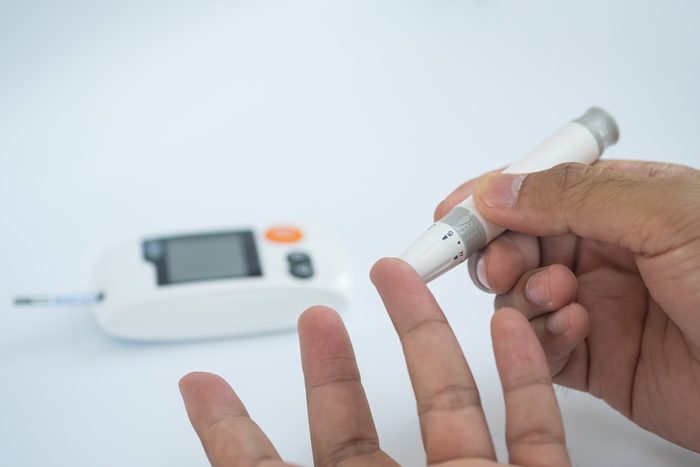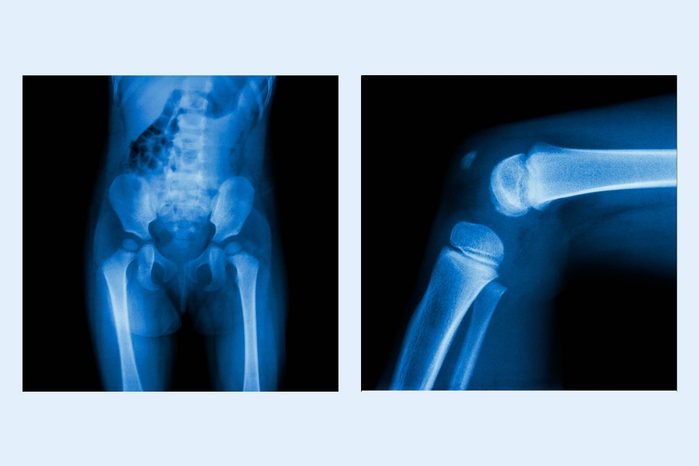
Lower cholesterol
Carrots contain soluble fiber, largely from pectin, which could be the reason they’ve been shown to lower cholesterol, a study in the European Journal of Nutrition reported.

Reduce risk of cancer
A study in the American Journal of Cancer Research found that alphacarotene and bioflavonoids in carrots have been associated with lower risks of cancer, particularly lung cancer. But stick to those carotenoids rather than beta-carotene supplements, which could be harmful to smokers.

Keep your vision sharp
If your parents told you to eat your carrots for better eyesight, they were on to something. Carrots won’t cure preexisting vision problems, but they can protect against sight issues caused by vitamin A deficiency. The body converts beta-carotene to vitamin A, exlains Hans Fisher, PhD, a professor emeritus of nutritional biochemistry from Rutgers University, and that’s important for healthy eyes. A diet rich in these can prevent cataracts and macular degeneration, as well as night blindness, which keeps eyes from adjusting to the dark.

Slow memory loss
German researchers have discovered that study participants with mild dementia had a significantly lower amount of vitamin C and beta-carotene than a a control group, leading researchers to conclude that dietary changes to increase these antioxidants could slow memory loss. Read about other everyday ways to reduce your risk of dementia.

Reduce the risk of type 2 diabetes
Carrots contain beta-carotene, a powerful antioxidant that Japanese researchers have associated with lower risk of developing type 2 diabetes. There’s no cure yet for type 2 diabetes, but some patients are reversing their condition through intermittent fasting.

Bolster your bone health
Carrots also contain small amounts of other vital nutrients such as vitamin C (6 milligrams per 1 cup serving, cooked) and calcium (47 milligrams per 1 cup serving, cooked). Many people, especially post-menopausal women, don’t get enough calcium, so while carrots might not contain much, “every little bit helps,” Fisher says. Discover other bone-strengthening habits you can start today.
